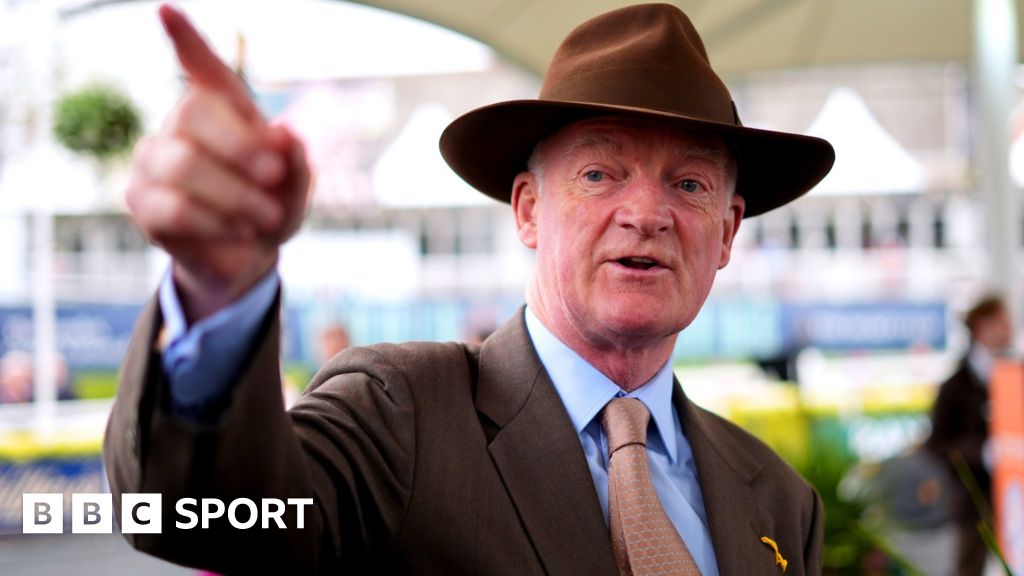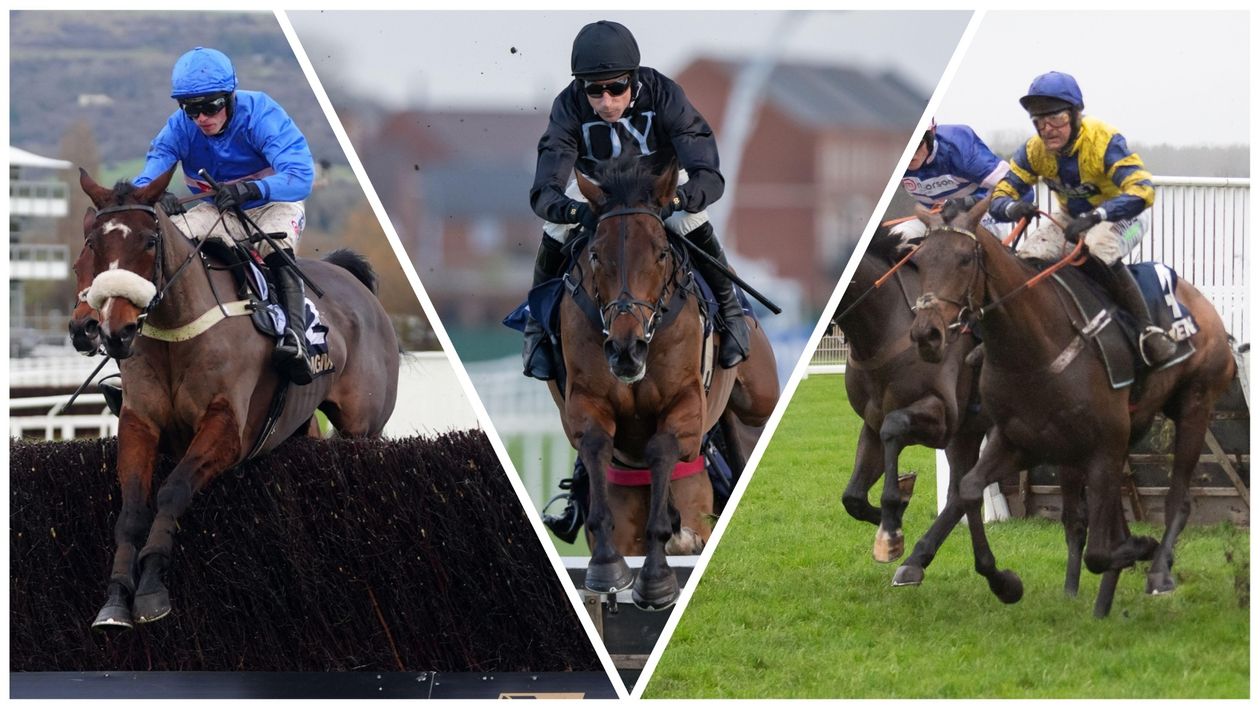Grand National: Willie Mullins eyes British title after I Am Maximus win

The maximum number of runners in the National was cut to 34 from 40 following a safety review and 32 runners went to post after two withdrawals.
A standing start to slow runners down going to the first was among other changes.
These came after Hill Sixteen suffered a fatal injury in last year’s race, which was delayed by 14 minutes after animal rights activists entered the track.
All these changes have cemented the changing nature of the Grand National – 21 of the 32 horses completed the race, and there were no fallers, with four horses unseating their riders and seven pulled up.
The course is easier to negotiate, less of a lottery – this was the first time since 1894 the favourite, or joint favourite, won successive editions.
While two horses died over the three-day meeting, there were no equine fatalities in the big race and two other contests over the National fences.
There was drama from the start, with last year’s winner Corach Rambler unseating jockey Derek Fox at the first fence.
And the amount of contenders in the latter stages of the second circuit still provided plenty of excitement and intrigue.
“What was great to watch was the space all of the riders gave each other,” two-time National-winning jockey Ruby Walsh told ITV.
“I do approve of the changes and Aintree have put a lot of work into it.”
Related
Camilla becomes royal patron of British Racing School
The Queen has become royal patron of the British Racing School, which trains the next generation of the horse racing industry.Camilla has a keen interest in the
Best horse racing betting sites in the UK (2025)
WHAT are the best horse racing betting sites, and which ones provide the best value?This is the question that every horse racing punter asks when looking for th
Musselburgh Racecourse named third-best racing venue in UK
The ranking was awarded by OLBG and OLBG Racing, which scored the venue 6.47 out of 10. This assessment was based on several factors, including ticket p
The best of the British team
Will the British team enjoy more success than of late at next week's Cheltenham Festival? Simon Holt looks at their main hopes.WHEN one peruses the entries at n













